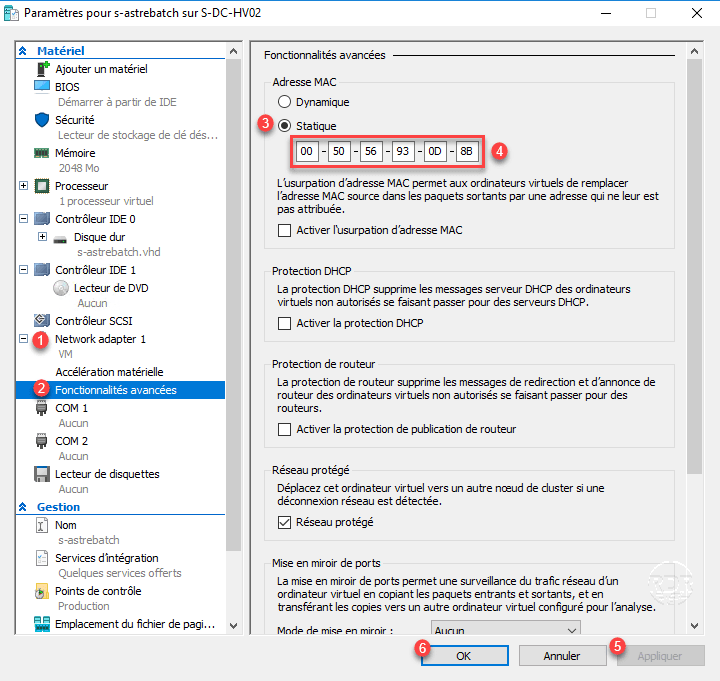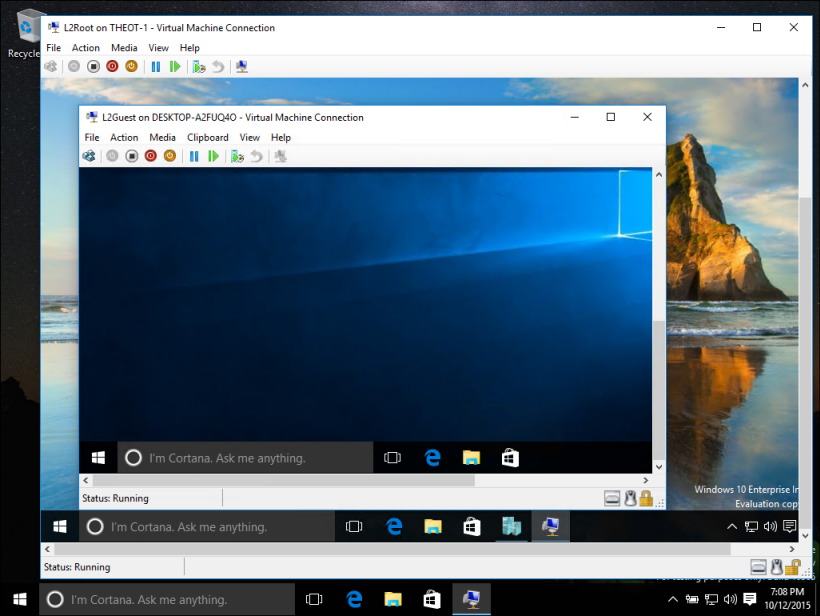

- Hypervisor for mac, windows and linux pro#
- Hypervisor for mac, windows and linux software#
- Hypervisor for mac, windows and linux code#
Hypervisor for mac, windows and linux pro#
VMware Workstation 15 Pro does the same thing, but for Windows and Linux users.

There’s no mess and no fuss: Simply launch Fusion 11 Pro and another operation system boots up in a window, just like all the other programs you’re already used to. You don’t have to switch to another computer and you don’t have to shut down to reboot into another operating system. The basic gist is this: Using an app like Fusion 11 Pro allows macOS users to open a copy of Windows, Linux or other additional versions of macOS (this is often used to test apps or programs in development) right on your desktop. If you’ve never heard of or used “virtual machine” (VM) software, don’t worry: It’s understandable to be a little mystified. And yes, the promotion covers both new licenses and upgrades.
Hypervisor for mac, windows and linux code#
VMware Workstation 15 Pro ($249.99 ) is the PC/Linux version, which does the same thing but in mirror image – enabling users of Windows or Linux to run macOS right from their desktops, along with all Mac applications or games.Īnd now CNN Underscored readers can get an exclusive 25% off on both Workstation Pro & Fusion Pro from June 19 until June 25, 2019, with the coupon code CNN25. Still, as any IT manager or developer can tell you, there are plenty of other reasons – beyond mere envy or operating system exclusivity – as to why running Windows on a Mac (or vice versa!) comes in handy.Įnter VMware, purveyor of virtual machine (VM) software, and its VMware Fusion 11 Pro ($159.99 ) application, which allows you to run “virtualized” operating systems and related programs right from your macOS desktop window. Maybe the grass really is always greener on the other side.

And for the Windows or Linux user, pining after macOS and its program offerings has, on the other hand, become commonplace.
Hypervisor for mac, windows and linux software#
The main benefits of using hypervisors are easy data replication, desktop virtualization, and server consolidation.There you are, drooling over the latest game trailer or reading up on a shiny new software application that perfectly addresses that ultra-specific need you’ve been itching to scratch for so long, when the words suddenly hit you: “For PC Only.”įor the Mac user, it’s an experience that’s less common than it used to be, sure – but that doesn’t mean it doesn’t still happen. It is the best option for anyone who wants to run two different operating systems on the same computer. Hosted hypervisors are convenient compared to type-1 hypervisors because they are easy to set up and manage.

There are two main types of hypervisors: Type 1 and Type 2. By translating requests from physical to virtual resources (CPU, RAM, and Storage) and vice versa, hypervisors make virtualization possible. Hypervisors help in creating and managing Virtual Machines (VMs) by creating a layer between software and hardware.


 0 kommentar(er)
0 kommentar(er)
